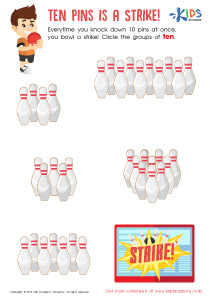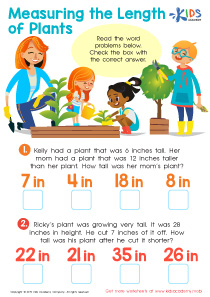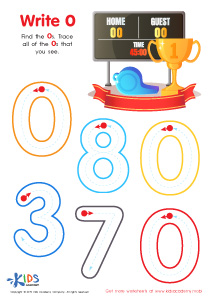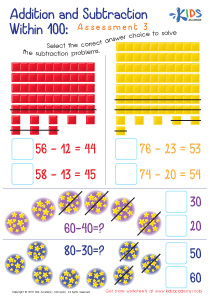Fine Motor Skills Easy Numbers up to 100 Worksheets for Ages 4-7
5 filtered results
-
From - To
Enhance your child's fine motor skills with our engaging “Easy Numbers up to 100 Worksheets” designed for ages 4-7! These worksheets provide a fun and interactive way for young learners to practice their counting and number recognition while developing essential motor skills. Children can trace, color, and connect numbers, all while honing their hand-eye coordination and dexterity. Each worksheet is thoughtfully crafted to keep kids motivated and excited about learning. Perfect for at-home or classroom use, our resources will support your child's growth and make early math learning an enjoyable experience. Download now and watch your child's confidence soar!
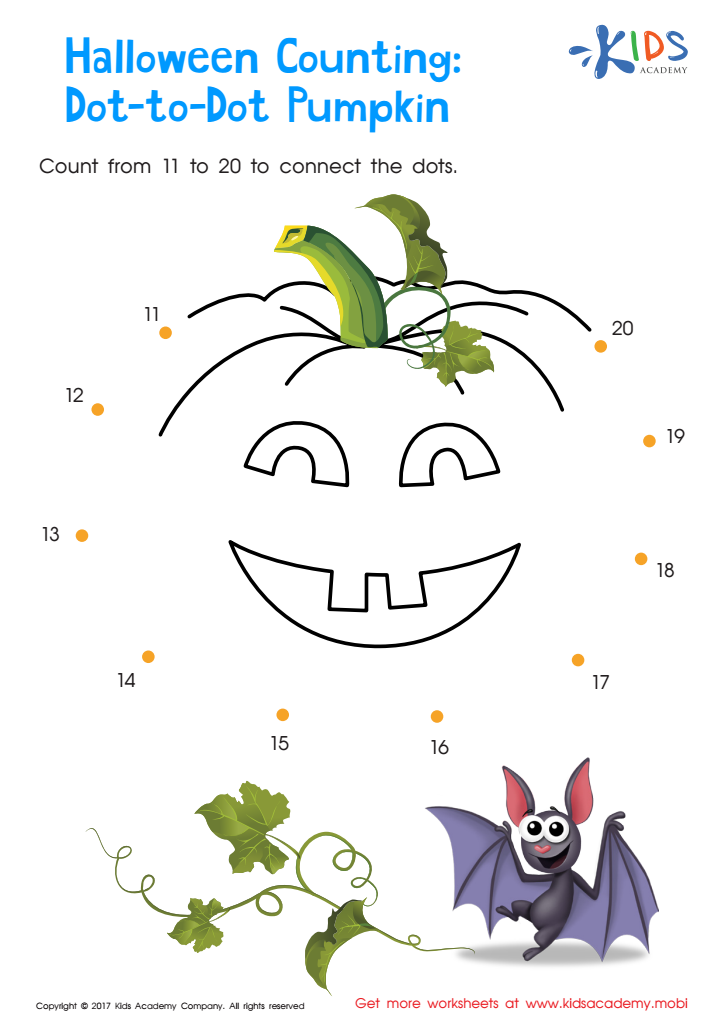

Ordering 11–20: Halloween Counting Worksheet
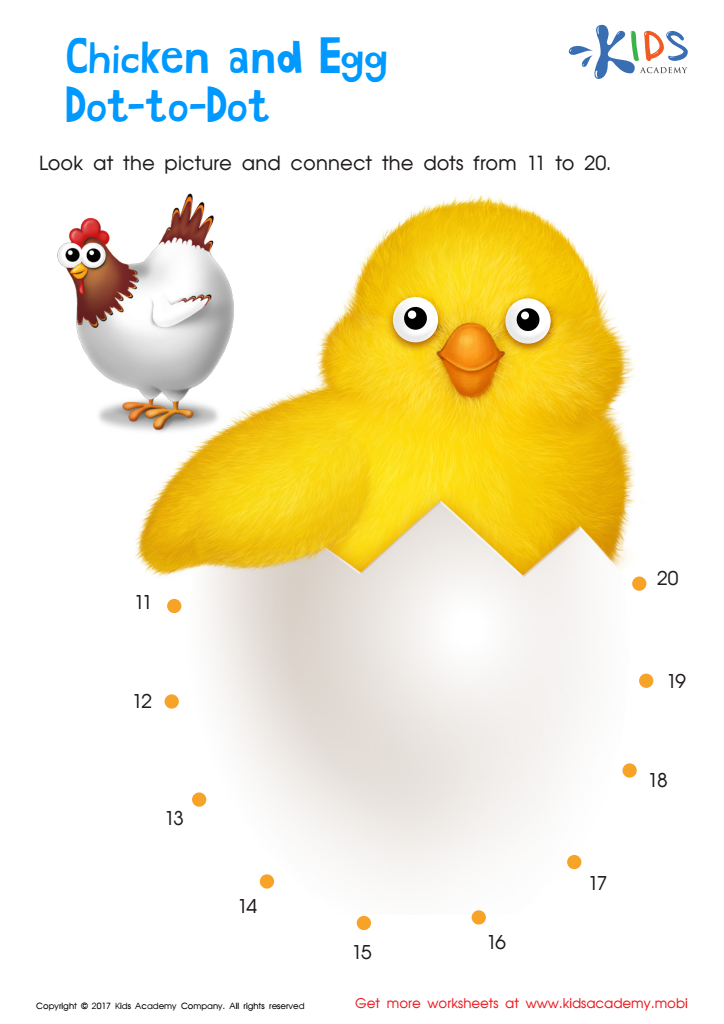

Ordering 11–20: Chicken & Egg Dot–to–dot Worksheet
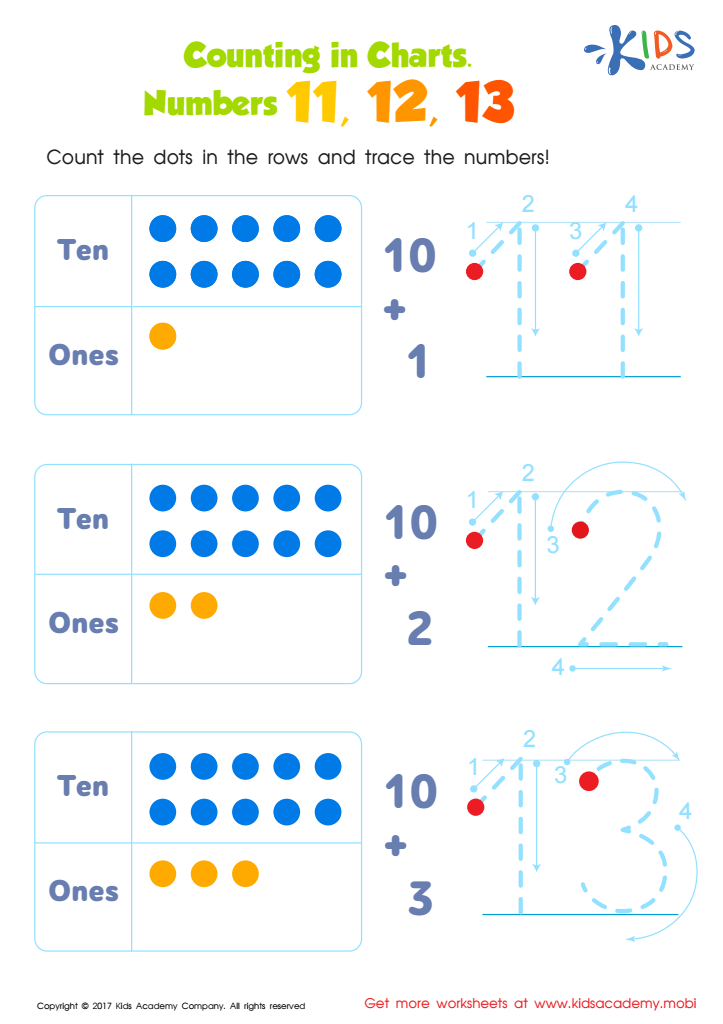

Number Tracing Worksheet For Kindergarten
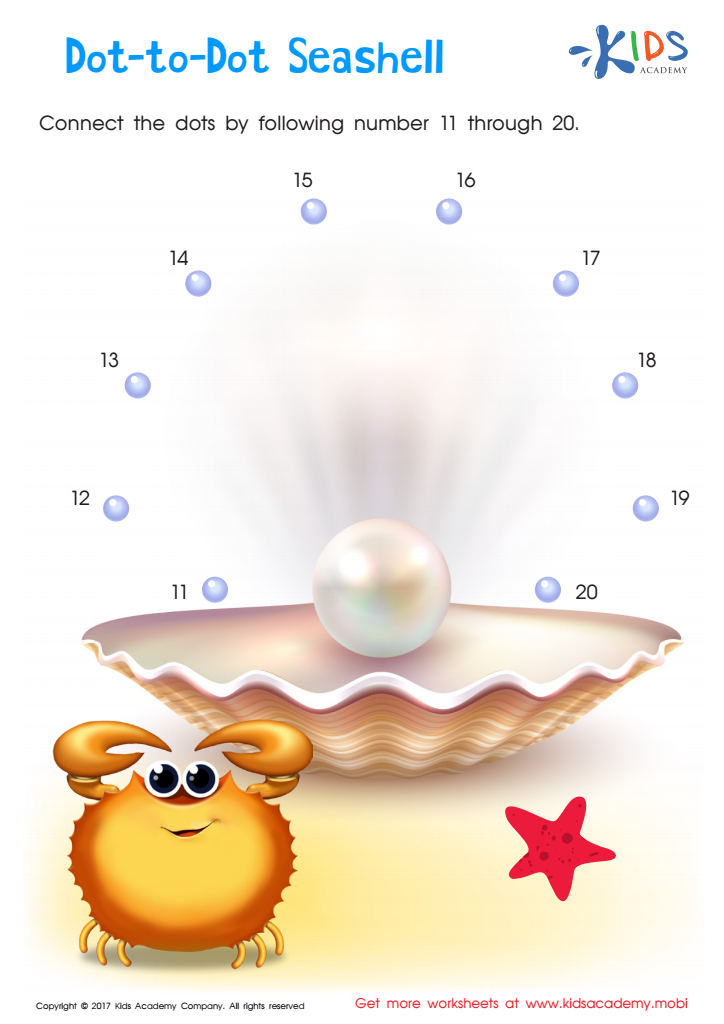

Ordering 11–20: Dot–to–dot Seashell Printable
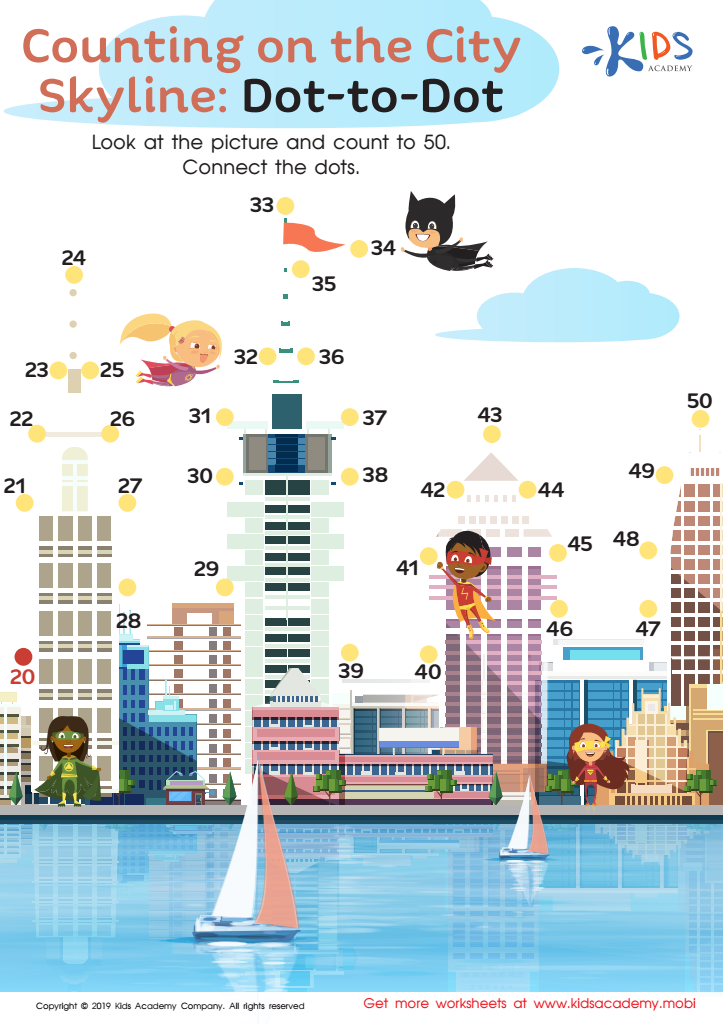

Counting on the City Skyline: Dot-to-Dot Worksheet
Fine motor skills are critical for children aged 4-7 as they provide the foundation for various academic and everyday tasks. These skills involve the use of small muscles in hands and fingers, essential for activities like writing, drawing, cutting, and even buttoning clothes. Mastering fine motor skills contributes to a child's ability to perform tasks with precision and control.
Incorporating fine motor skills through engaging activities related to numbers up to 100 can enhance early numeracy learning. As children manipulate objects, engage in counting, and organize numbers, they develop coordination, grip strength, and dexterity that are vital for writing and handling school supplies.
Parents and teachers should care about promoting these skills because they directly impact a child's readiness for school and future learning experiences. Difficulties with fine motor skills can lead to frustration in classroom settings and potentially affect self-esteem. Additionally, activities that integrate fine motor skills with math concepts make learning interactive and enjoyable, fostering a positive attitude toward education. Encouraging such skills now lays the groundwork for effective handwriting, problem-solving abilities, and greater independence in daily life tasks. Ultimately, investing in fine motor skills promotes overall development and enhances a child’s ability to thrive in school.
 Assign to My Students
Assign to My Students








